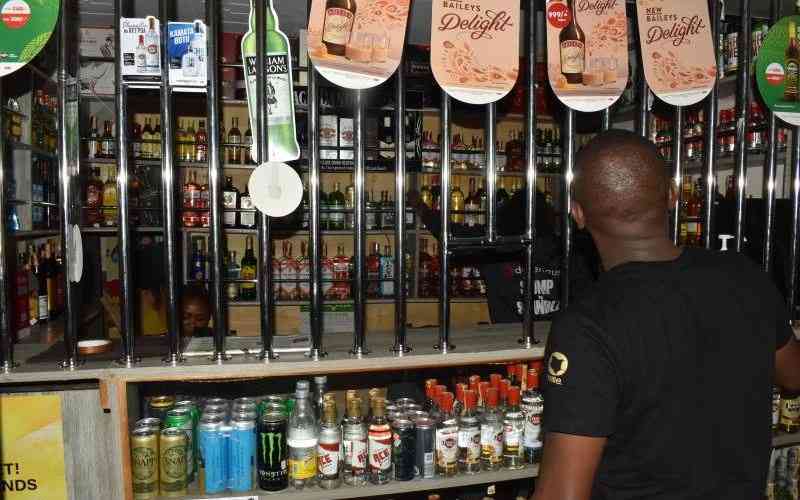
While business profitability depends on many factors, wines and spirits business in Kenya is profitable if done right. Alcohol selling business has year-round demand and multiple peak periods especially during holidays. It’s safe to say that once you’re able to manage factors like suppliers, customers, inventory, overhead costs, and other variables, you’ll be smiling to the bank.
As you think about different ways to mold your business model, keep in mind that high-end items provide the highest profit margin while more affordable products have lower profit margins.
Unaffected By Economic Conditions
Alcohol is one of those few products that is considered inelastic, meaning that demand remains high no matter how the economy is doing. In fact, demand increases during economic downturns as people try to find ways to relax and reduce stress. Even when times are tough, liquor store ownership will provide a stable bottom line. Therefore, as long as you’re on the right location and well stocked, you’ll always have customers.
Alcohol is one of those few products that is considered inelastic, meaning that demand remains high no matter how the economy is doing.
Constant Demand
Nearly every holiday and special event is celebrated with food and drinks. Whether it is the Christmas or New Year’s, there will always be a demand for alcohol. The popularity of certain products will vary with the seasons, but overall sales will stay steady year-round.
It’s advisable to do research well so that you stock the right items that customers purchase during specific seasons in order to maximize sales.
Further, you should evaluate the target market so as to stock the right type of alcohol in terms of brands and costs.
Long Term Storage Without Affecting Usability
Grocery stores and even restaurants have to use or sell their inventory before it spoils. Liquor and wine, on the other hand, can be safely stored for an extended period of time.
There may be instances where you need to make sure certain products are stored in the right temperature conditions, but by and large, your inventory can sit on the shelf without having to worry about waste.
Shelf stability also allows wines and spirits retailers in Kenya to plan ahead and keep large quantities of products on hand. For instance, you can stock up on popular festive holidays products during the year when you might have more of a surplus of cash.
Widespread Coverage and Advertising
Beer, wine and spirits producers are already spending millions on advertising campaigns to bring attention to their products and generate sales. Meanwhile, wines and spirits store owners in Kenya can reap the benefits of these pre-existing ads campaigns without spending a dime.
Best of all, if a customer enters your store as the result of a liquor ad, but decides they prefer one vodka brand over another, you still have the opportunity to sell them a bottle of their choice.
All you have to do is make sure that people know about your store.
Restricted/Low Competition
The Kenyan constitution gives each county the power to regulate the distribution, and sale of alcohol within their boundaries. While every county handles this differently, it is common for counties to limit the number of liquor stores in a given area.
For consumers, this limits their access to alcohol, but for store owners, it means less competition in your area. It also takes a number of processes as well as time to get a liquor license – which means a high barrier to new entrants/competitors
How Much Profit Can a Wines and Spirits in Kenya Shop Owner Make?
The actual profitability will depend on many factors including location, target market, marketing tactics etc.
Generally, stores located in a less populated area can expect to make around Ksh 75,000 per month as profit. In more high-traffic areas, stores will make at least Ksh 350,000 per month as profit
Android POS System App for wines and spirits in Kenya
While running a wines and spirits business is clearly very profitable, you need to have a reliable Mobile Cloud Based POS System in Kenya to manage and control the shop. Without a POS System, you’re likely to make losses due to stock theft, inaccurate sales records and lack of strategic information like fast moving items, slow movers, debts etc.



